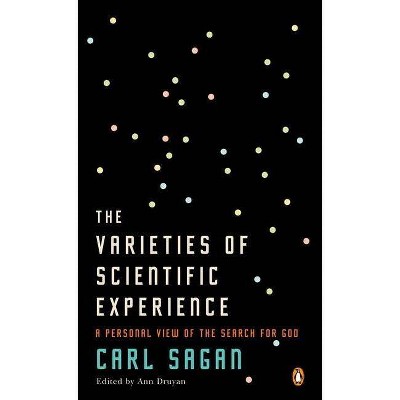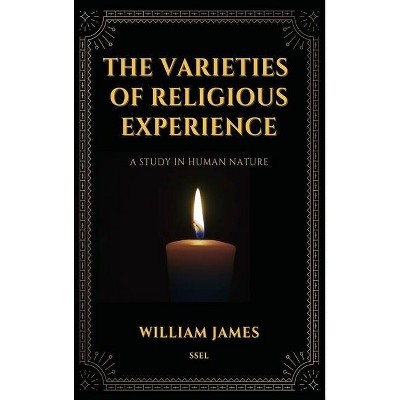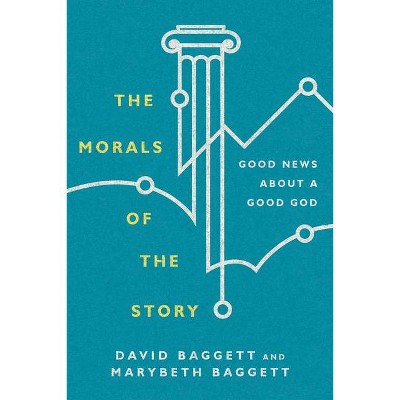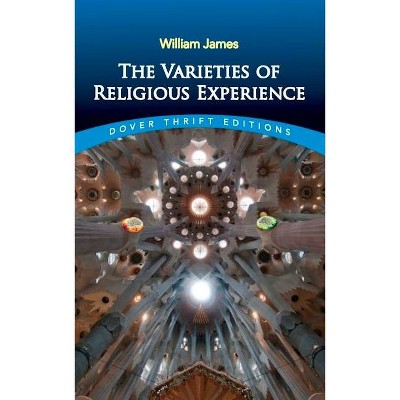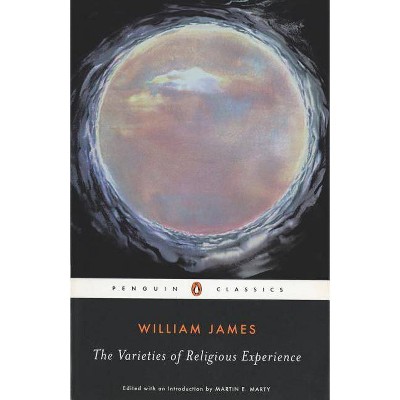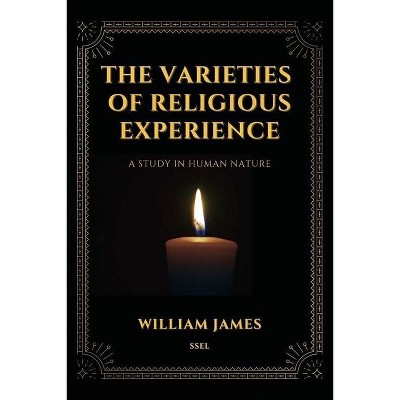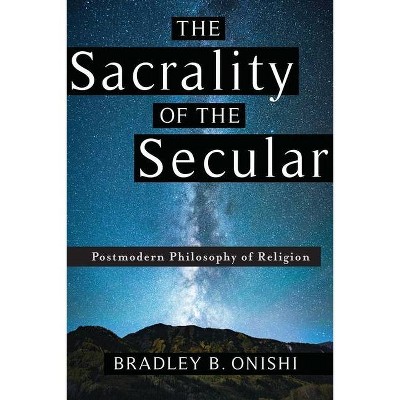The Varieties of Nonreligious Experience - (Secular Studies) by Jerome P Baggett (Hardcover)
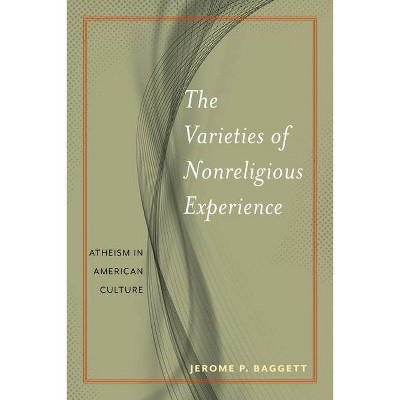
Similar Products
Products of same category from the store
AllProduct info
<p/><br></br><p><b> Book Synopsis </b></p></br></br><p><b>A fascinating exploration of the breadth of social, emotional, and spiritual experiences of atheists in America </b> <p/>Self-identified atheists make up roughly 5 percent of the American religious landscape, comprising a larger population than Jehovah's Witnesses, Orthodox Christians, Muslims, Buddhists, and Hindus combined. In spite of their relatively significant presence in society, atheists are one of the most stigmatized groups in the United States, frequently portrayed as immoral, unhappy, or even outright angry. Yet we know very little about what their lives are actually like as they live among their largely religious, and sometimes hostile, fellow citizens. <p/>In this book, Jerome P. Baggett listens to what atheists have to say about their own lives and viewpoints. Drawing on questionnaires and interviews with more than five hundred American atheists scattered across the country, <i>The Varieties of Nonreligious Experience</i> uncovers what they think about morality, what gives meaning to their lives, how they feel about religious people, and what they think and know about religion itself. <p/>Though the wider public routinely understands atheists in negative terms, as people who do not believe in God, Baggett pushes readers to view them in a different light. Rather than simply rejecting God and religion, atheists actually embrace something much more substantive-lives marked by greater integrity, open-mindedness, and progress. <p/>Beyond just talking about or to American atheists, the time is overdue to let them speak for themselves. This book is a must-read for anyone interested in joining the conversation.</p><p/><br></br><p><b> Review Quotes </b></p></br></br><br>A superb book. As noted, the number of interviews, the careful analysis, and the sincere effort to reflect the worldview of atheists result in this being perhaps the best scholarly work on atheists in the United States to date. ... Baggett's incisive synthesis of the four roots that lie at the heart of the atheist worldview is particularly important and will be the standard citation on these ideas for years to come. This is an excellent volume on atheists in the United States that I highly recommend-- "Journal of the American Academy of Religion"<br><br>Baggett offers a rich and fascinating account of how these [contemporary American atheists] live and understand their lives.-- "Church History"<br><br>Baggett presents an impressive and timely study of American atheists. With its strong foundation of extensive qualitative data that are systematically interpreted through a theoretical and historical lens, <i>The Varieties of Nonreligious Experience</i> should be of interest to an audience from multiple disciplines. I believe that it is a must-read for scholars interested in the study of secularity and nonreligion and of religion in the contemporary United States. Indeed, this book makes important and thought-provoking contributions to the scholarly conversation about what it means to be an atheist in a society that is normatively religious.-- "Sociology of Religion"<br><br>Baggett strikes a balanced tone through the book. He strives for understanding, lets his research subjects speak for themselves, and directly dispels common stereotypes about American atheists. At the same time, he is critical of the foundational myths he detects in atheist self-understanding, including primarily the conflict between science and religion and the understanding of religious believers as irrational. The portrait that emerges is, I think, true to life in its ambivalence.-- "Theological Studies"<br><br>Rarely has this reviewer read a scholarly book as humane, moving, delightful, and respectfully written as Baggett's thoughtful survey of contemporary atheism in the US... this masterful blend of qualitative sociological study and theologically informed thinking provides a valuable portrait of real-world atheism in the US.-- "Choice"<br><br>The strengths of the book are the rich narratives it includes from the interviews. It becomes possible through the narratives to put faces and personalities and contexts and experiences together and in so doing to gain an understanding of atheists as individuals. The book's strength also lies in the depth of its familiarity with the literature in religious studies and the sociology of religion. For anyone interested in the practices through which identities are constructed, this is a valuable contribution.-- "Contemporary Sociology"<br><br>This book should expand the study of American atheism beyond token outliers -- the New Atheists and secular churches. It will also offer a point of contrast for more specific studies of non-white, less overtly masculine, and non-heteronormative atheist communities, allowing scholars to better grasp the secular landscape.-- "Numen"<br><br>This book should find a wide audience among sociologists, anthropologists, historians, and religious studies scholars, among others. The organization and tone of the book are commendably clear, and the manner in which Baggett relays both ideas and evidence is quite engaging. The narrative of the book is particular rich and layered in two respects. One is the depth and persuasiveness of the historical context within which core arguments are located. Another is the sheer volume and quality of evidence out of which the arguments are constructed. This book will be useful both as a text in undergraduate seminars and in thematic graduate courses. Broadly, it adds intriguing insight into how we think about identity, identity change, and identity maintenance. More narrowly, the arguments presented provide a new and deeper understanding of what it means to become and to be atheist, and how this identity is understood and relayed to others. Methodologically, the book reminds us of the risks of overgeneralizing or underscrutinizing core concepts, like 'atheist' or 'religious None, ' and underscores the importance of rethinking and revisiting questions that seem as if they are already relatively well understood.-- "Journal for the Scientific Study of Religion"<br>
Price History
Price Archive shows prices from various stores, lets you see history and find the cheapest. There is no actual sale on the website. For all support, inquiry and suggestion messagescommunication@pricearchive.us
